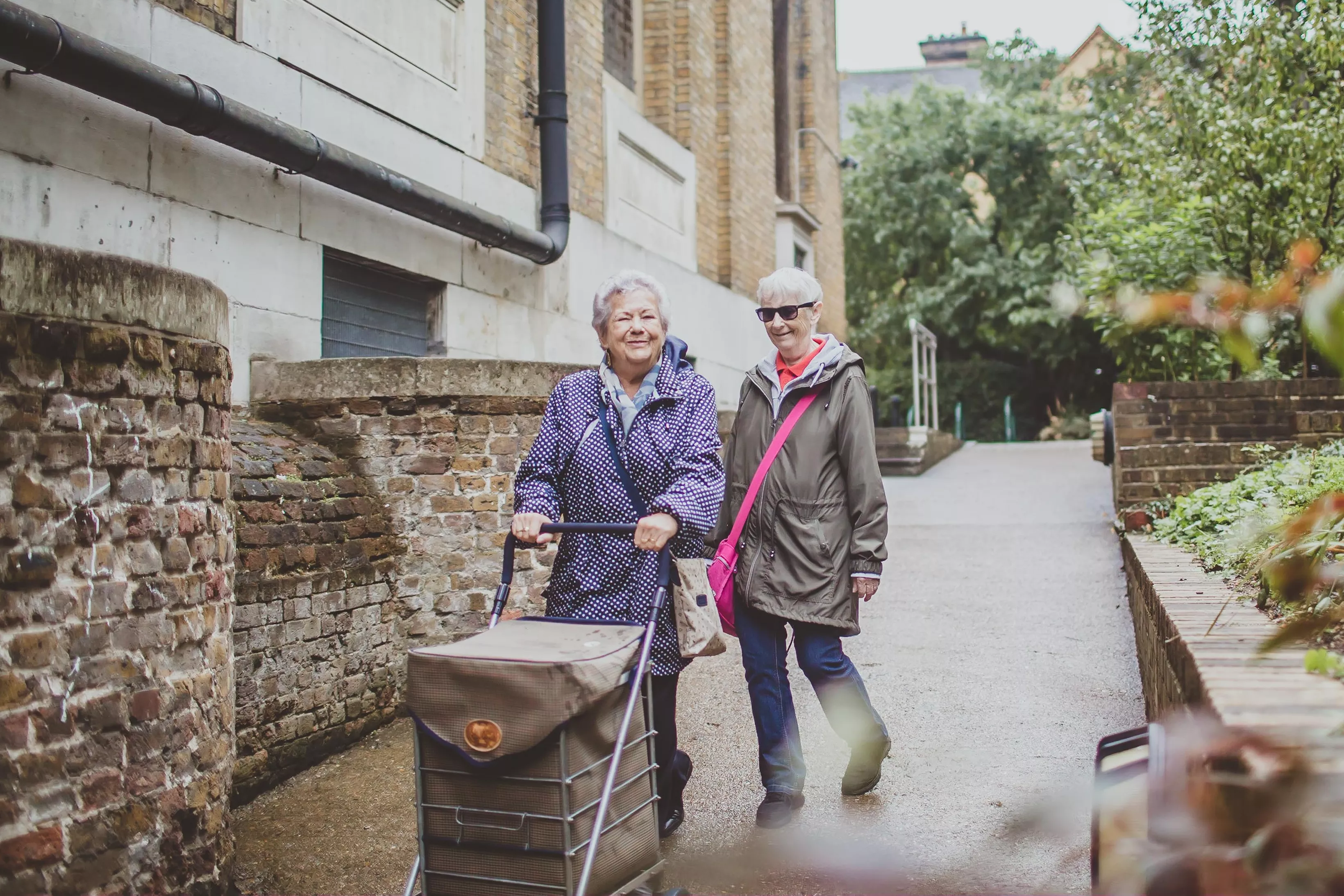
Over a third of people living with diabetes in the UK are over the age of 65 but we don’t know enough about how to help people with diabetes age well. Our Diabetes Research Steering Groups, made up of people living with diabetes, researchers, and healthcare professionals, have identified the most urgent research gaps which need answering to improve care for older people living with diabetes.
Around 1.5 million people living with diabetes in the UK are over the age of 65 and growing older can make living with diabetes even more challenging.
Older people with diabetes may be more likely to develop diabetes complications, like heart attacks and strokes. The ageing process can also bring on other health problems and frailty, all of which can make it more difficult to self-manage diabetes. And the possibility of having to rely on carers to manage your diabetes can be a big worry.
Our Diabetes Research Steering Groups (DRSGs) are tasked with identifying areas where there are big gaps in research and knowledge. And they work tirelessly to help plug these gaps. They told us that there isn’t enough research going on to understand or address the specific changes that affect diabetes and care as people grow older. This lack of research is holding back progress.
To help change this, the DRSGs brought together people living with diabetes and healthcare and scientific experts for a series of virtual workshops. They used their knowledge and experiences to find the most important research questions, where answers could lead to better care for older people with diabetes.
The unanswered questions
- How can we better understand the diverse needs of older people with diabetes, and use this to make care more personalised?
- Where can we make changes to existing diabetes care for older people to address needs that aren’t currently being met?
- How can we identify what non-specialist healthcare professionals most critically need to know about diabetes care for older people, and develop training tools to address these gaps?
- How can we best provide older people with diabetes with virtual access to experts?
- How can diet and exercise be used to prevent frailty and manage type 2 diabetes? And how can this be delivered in a way that is acceptable to older people with type 2 from any background?
- How can Continuous Glucose Monitoring (CGM) technology best be used in older people?
- How can technology, education and support from healthcare professionals be used to better empower older people to manage their diabetes in their own home?
- What are the benefits of peer support for older people with diabetes, both when living at home or in a care home?
The report makes recommendations to the research community, setting out the path future research on diabetes in older people should take. For a more in-depth look, read the full report.
The aim of this report is to spark new thinking and encourage researchers to kick-start studies in the most urgent and important areas that matter most to people with diabetes. We’ll champion these priorities and rally the research community to find the answers that will help more people with diabetes live well as they grow old, staying healthy and independent for as long as possible.
Jodie Chan is our Research Officer for the DRSGs. She said:
“It is vital that people with diabetes continue to receive the best possible care as they grow older. This paper is a great step in that direction and an excellent example of how we are putting people with diabetes at the heart of all our research decisions and working towards a future where health inequalities in diabetes care are a thing of the past.
“We look forward to seeing how researchers and funders use these recommendations to shape research that will empower all people with diabetes to age well.”
